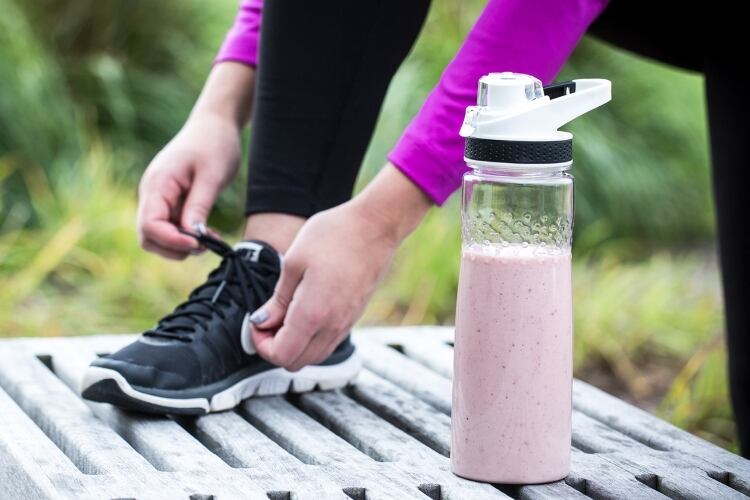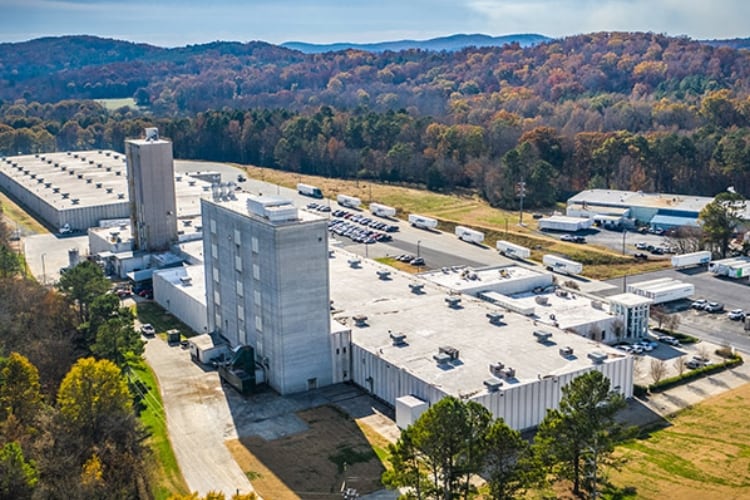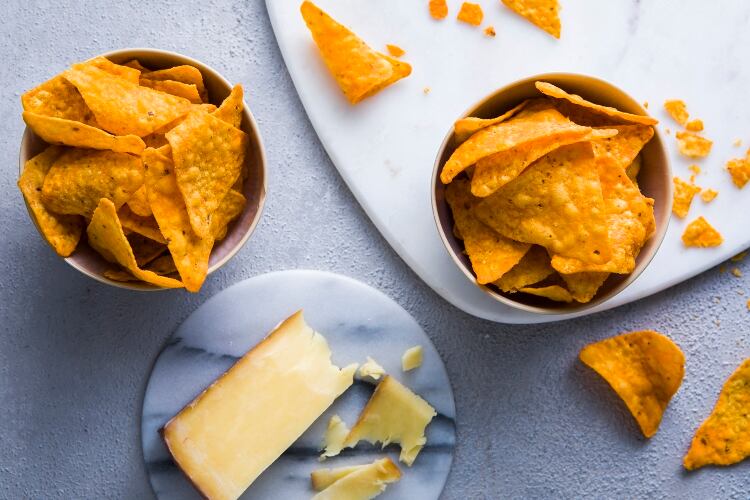The whitepaper, Understanding Consumer Drivers in Beverages, examines the key health priorities that will drive the functional beverage market with 2,662 beverage consumers across the UK, Germany, Poland and Spain surveyed as part of the research. When asked about the health concerns that have become more important since the emergence of COVID-19, 59% of respondents cited immunity while 50% said mental health is now a priority. The research has also indicated consumers prefer beverages with natural ingredients however, there is a high level of acceptance for fortification with 39% Europeans now placing more importance on fortification when it comes to their health.
“We believe that the functional beverage category will gain traction as lifestyle consumers tune into an expected surge in new product launches with many targeting more holistic attitudes towards health, diet and lifestyle,” said Breda Kelly, Kerry’s nutritional beverage lead for Europe and Russia.
“Our consumer research shows that there is a growing demand for products that address a broad spectrum of health concerns, but in particular immunity and mental health support. While immune health is top of mind at the moment and is the most important health concern since the onset of the pandemic, younger age groups are worried about body-mind wellness and their mental health, meaning that there is an opportunity to create products to address these concerns.”
As the market for products with functional and nutritional benefits grows, there is increasing consumer demand for formats that meet the needs of different occasions and deliver ease and convenience of consumption. The research also found that just over half of all Europeans attach equal importance to taste and delivery of the benefit.
The functional beverage market is projected to grow at a CAGR of more than 6.0% through to 2025 as more consumers reach for beverages with added benefits. For manufacturers seeking to innovate in the beverage space, there are opportunities for different offerings such as functionality in hot drinks like tea and hot chocolate.
“We think the opportunity to create iconic products is still ahead of us. Brands will need to communicate the key benefits of the products while also delivering on taste and texture. Consumers are willing to pay a premium for beverages with a functional benefit and will repurchase if that benefit is proven to work. This means that manufacturers need to use ingredients that are backed by science and trusted by consumers,” Breda said.




